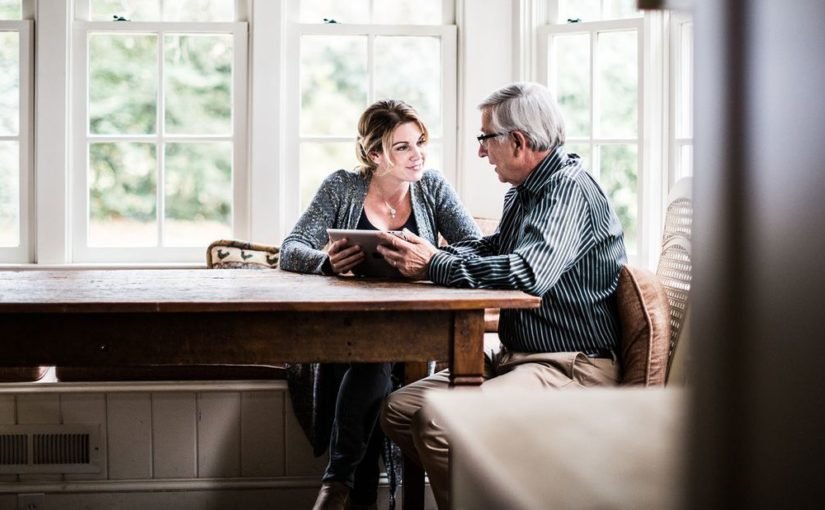Elderly parents sometimes reach the day when they can no longer support their own care needs. Your first thought might be to move them into your home, but before you take the leap there are several questions and thoughts that need to be carefully considered. Something that seems so simple is, in reality, multi-faceted and complex so this guide aims to help you answer the question on whether your elderly parent should move in with you.
Do You Have Space?
A whole person will naturally take up more space in your home. They will need their own bedroom, use shared facilities like the bathroom and the kitchen and they will have personal belongings to come too. If your house is already cramped by the resident family members, adding in another person can be too overwhelming and decrease from the safety and comfort of your own space.
Do You Have Time?
How much time out of your day will it take after the transition is complete? If there are advanced care needs, for example, will you be around and able to fulfil them properly and in a dignified manner? These are all things you need an answer to. Time is a precious commodity and another person to manage alongside work, children, pets and general house jobs may be too much to juggle. If you are able to afford a carer, then this is less of a problem.

Do You Feel Confident?
If there are advanced care needs, confidence is going to come in handy. Getting up to date with medical appointments, health records and ensuring that any supplies are in place on a rolling basis are just three low-level things that you might have to do. Sites like medical-supermarket.com help in this arena, but it will still demand a lot of your time and require you to make some tough decisions while advocating for the right path.
Your Relationship Will Change
A natural shift will occur between you and your elderly parent when they come to live in your house. This is because the control element of the relationship where your mother or father was the caregiver, adult in charge, and the one with heightened responsibility becomes conversely afflicted. The main responsibility is now on your shoulders, and you are the one taking the lead with decisions and similar.
The Emotional Tax
There will also be a general emotional tax to think about. Seeing someone you love in a vulnerable state is never easy, and you will be faced with this every day. You will need strength that you never knew before, and resilience to get through the down moments. There will also be fun, laughter and happiness too, but when it is difficult it is really difficult.
So, should your elderly parent move in with you? Only you hold the answer to that question. If you have a spare bedroom, don’t mind sharing your bathroom with another person and can accept that the emotional toll may be heavy from time to time, then all the parts are in place for things to work out.
